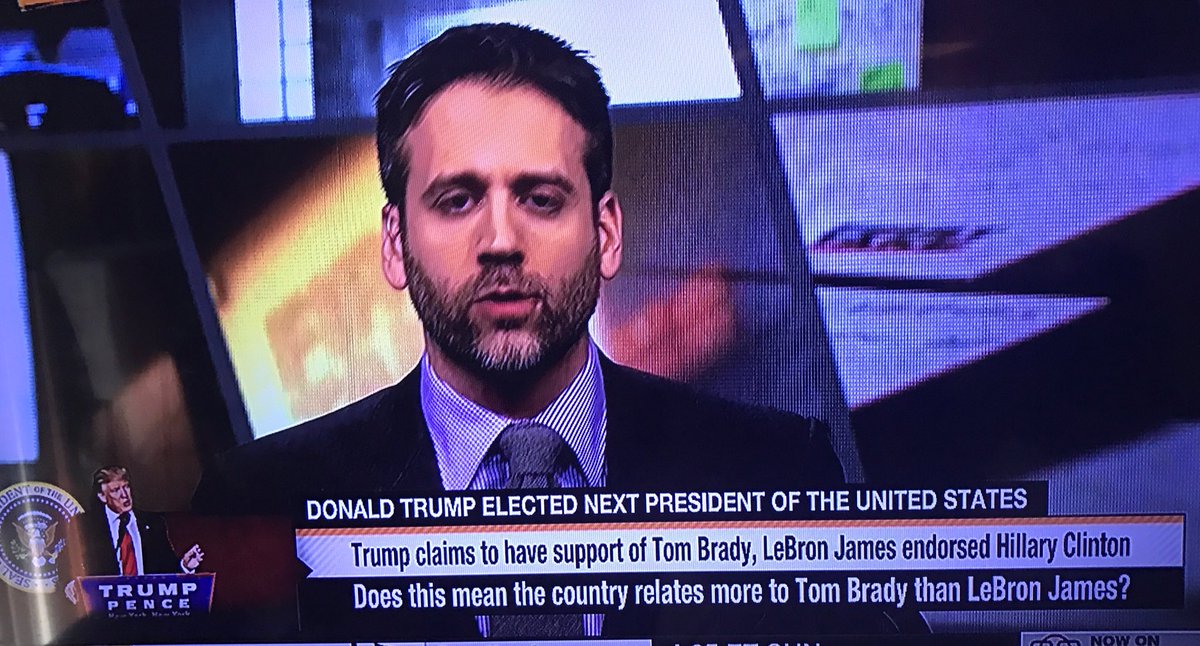- 4,304
- 1,222
- Joined
- Jul 15, 2001
lol yeah DJ Holiday made it, you should hear his intro track, I can't find it on youtube but it has T.I. Gucci Mane and Future on the hook.
Dutty boyz still going strong. Side piece shot out, stripper check in, and You got Let GO
Dutty boyz still going strong. Side piece shot out, stripper check in, and You got Let GO







